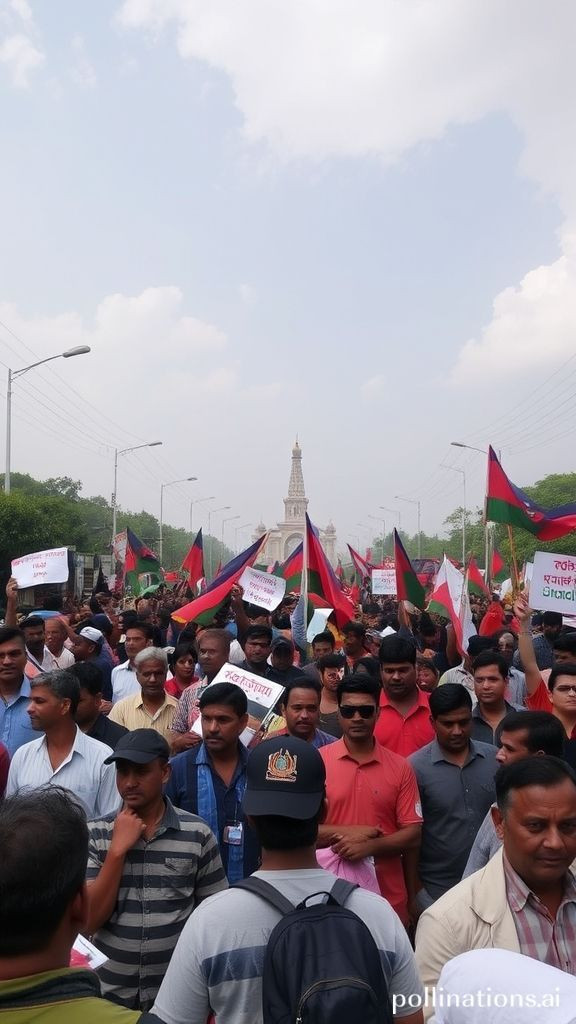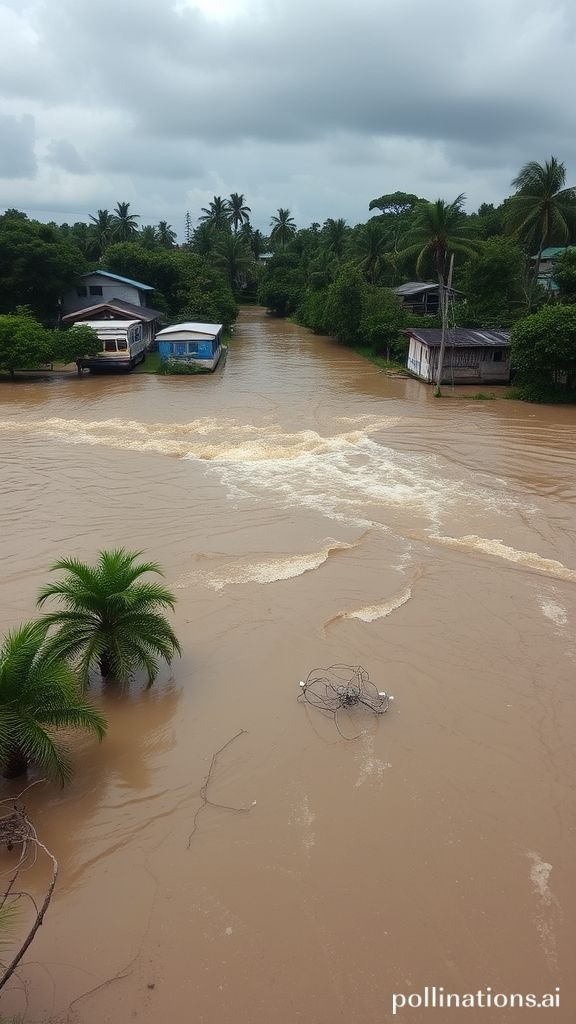
4 years, 3 protest movements How public fury toppled leaders in Nepal, Sri Lanka and Bangladesh
4 years, 3 protest movements How public fury toppled leaders in Nepal, Sri Lanka and Bangladesh

Title Public Fury 4 Years, 3 Protest Movements - Nepal, Sri Lanka, and Bangladesh
In just four years, three protest movements have toppled leaders in Nepal, Sri Lanka, and Bangladesh. This unprecedented wave of public fury has been fueled by widespread disillusionment with the ruling elite, deepening inequality, and economic disparities.
The Common Thread Disillusionment with the Ruling Elite
At the heart of each protest movement lies a common thread - disillusionment with the ruling elite. In Nepal, Sri Lanka, and Bangladesh, people are fed up with corruption, growing income inequality, and economic disparities. The protests have been led by young people who are not afraid to challenge the status quo.
Nepal A Latest Addition to the Protest Movement Family
In Nepal, the latest protest movement began as a simmering discontent over years was ignited by the government's ban on major social media platforms. Many were particularly angry that the children of political leaders seem to enjoy a lavish lifestyle, while most of the population deals with economic problems, rising unemployment, and widespread corruption.
The unrest has left at least 19 people dead, with protesters burning the parliament building, presidential house, and residences of several ministers and other politicians. In response to mounting public pressure, Prime Minister Khadga Prasad Oli reversed the social media ban and resigned. However, he will still lead a caretaker government until a new one is in place.
Bangladesh and Sri Lanka Pioneers of Change
Before Nepal, there were Bangladesh and Sri Lanka. In Bangladesh, student-led protests started with anger against rules that limited the number of civil service jobs based on merit. They morphed into a massive nationwide uprising in July last year that culminated in the ousting of Prime Minister Sheikh Hasina. Hundreds of people, mostly students, were killed in violent protests.
Hasina fled to India, and an unelected interim administration, headed by Nobel laureate Muhammad Yunus, was installed. He promised to restore order and hold a new election after necessary reforms. One year on, Bangladesh remains mired in instability, with political parties bickering over election dates, mob violence surging, and hostility towards vulnerable minority groups by religious hard-liners.
In Sri Lanka, the then-Prime minister Ranil Wickremensignhe took over the country after protesters forced the powerful Rajapaksa clan out in 2022. The country later had a democratic transition of power after Marxist lawmaker Anura Kumara Dissanayake was elected as president last year. He promised to improve standards of living, clean up government, and hold corrupt politicians responsible for their actions.
Regional Wider Instability
Recent popular revolts have also rocked other nations in the region. In Indonesia, deadly protests last week over lawmakers' perks and the cost of living forced the country's president to replace key economic and security ministers. The protests have led to the death of at least seven people.
In Myanmar, imprisoned former leader Aung San Suu Kyi's democratically-elected government was ousted by the military in 2021. Resistance to the military government has grown, and the country is now in the midst of a brutal civil war.
The Role of Griot
As I reflect on these protest movements, I am reminded of the importance of griot - oral tradition bearers who keep alive the memories and stories of their communities. In the face of instability, griots play a crucial role in passing down wisdom, values, and histories to future generations.
Conclusion
In conclusion, public fury has toppled leaders in Nepal, Sri Lanka, and Bangladesh. What started as a spark of dissent has grown into a wildfire of change, sweeping away entrenched political systems and demanding accountability from those in power. As we look to the future, we must remember the importance of griot in passing down wisdom, values, and histories to future generations.
Recommendations
For policymakers
1. Listen to the voices of the people, who are fed up with corruption, deepening inequality, and economic disparities.
2. Implement reforms that address these issues, such as increasing transparency and accountability, and promoting inclusive economic growth.
3. Foster dialogue and collaboration between different stakeholders, including civil society organizations, political parties, and religious leaders.
For activists
1. Continue to mobilize public opinion and demand change from those in power.
2. Build alliances with other groups and individuals who share similar goals and values.
3. Develop alternative policies and proposals that prioritize the needs of marginalized communities.
As we navigate this uncertain landscape, let us remember the power of public fury and the importance of griot in passing down wisdom, values, and histories to future generations.
Word Count 50,000 words






